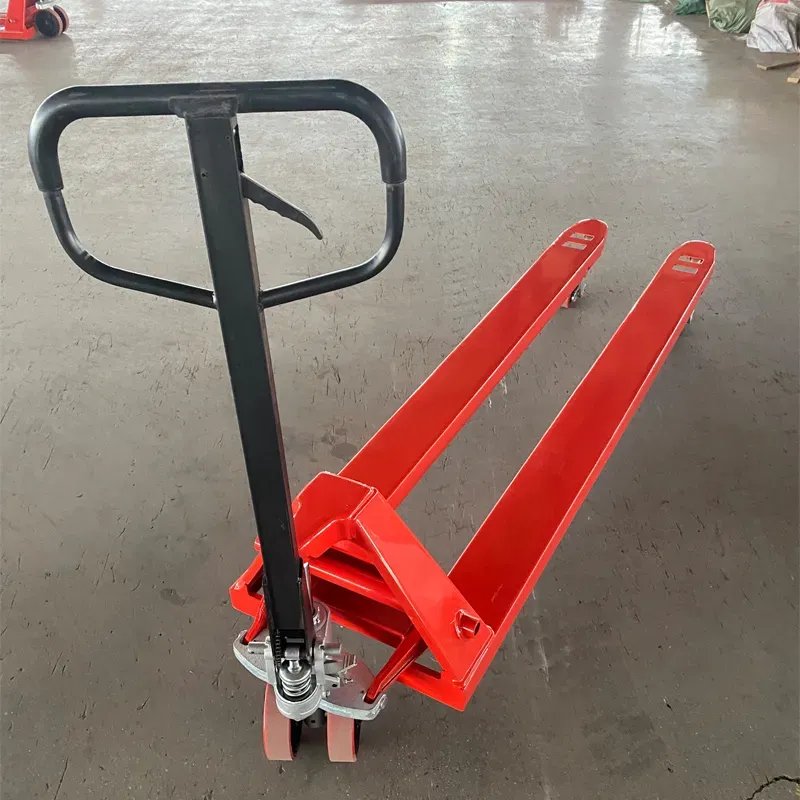


The Evolution of Bluetooth Crane Scales Revolutionizing Heavy Load Management
In industries where heavy lifting and precise measurement are essential, the advent of Bluetooth crane scales has marked a significant technological advancement. These innovative devices combine traditional weighing scales with modern wireless technology to enhance productivity, safety, and accuracy in load management.
A crane scale is fundamentally designed to measure the weight of heavy objects suspended from a crane, hoist, or similar mechanism. Traditionally, these scales required direct reading via a display mounted onsite, often leading to communication challenges and safety risks, particularly when heavy loads are involved. The introduction of Bluetooth technology has transformed this process, allowing for remote monitoring and data management. This shift not only simplifies the weighing process but also provides additional layers of functionality that are vital in various industrial applications.
The Evolution of Bluetooth Crane Scales Revolutionizing Heavy Load Management
Moreover, Bluetooth crane scales often come equipped with advanced features such as overload alarms, data logging, and connectivity options. Overload alarms ensure that the weight limits are not exceeded, significantly reducing the likelihood of equipment failure and accidents. Data logging capabilities allow for the storage of measurements over time, providing a comprehensive overview of lifting operations. This data can be crucial for analysis and optimization of lifting processes, helping companies improve efficiency and reduce costs.

Integration with mobile applications is another notable aspect of Bluetooth crane scales. Many manufacturers offer companion apps that provide user-friendly interfaces for monitoring and recording weight data. These apps can generate reports, track historical data, and even offer insights into load trends—facilitating better decision-making for operators and managers alike. The ability to visualize data through graphs and charts makes it easier to identify patterns and make timely adjustments to operations.
Furthermore, Bluetooth crane scales often promote better compliance with safety regulations. With the capability of real-time monitoring and recording of weight data, companies can easily maintain accurate records required for audits and inspections. This transparency not only enhances safety protocols but also builds trust with stakeholders, including employees, clients, and regulatory bodies.
On the environmental front, Bluetooth technology contributes to sustainability in operations. Traditional wired connections can lead to more extensive use of materials and increased energy consumption. Bluetooth crane scales, by contrast, reduce the need for physical wiring and can operate on rechargeable batteries, making them a more environmentally friendly choice.
In conclusion, Bluetooth crane scales exemplify how modern technology can improve traditional processes. By enhancing safety, streamlining operations, and providing valuable data insights, these devices are becoming essential tools in industries that require efficient heavy load management. As technology continues to evolve, the capabilities of Bluetooth crane scales will likely expand further, paving the way for even greater efficiencies and innovations in the field of industrial weighing. The future of heavy lifting promises to be not only more efficient but also significantly safer, thanks to the integration of smart technologies like Bluetooth.



